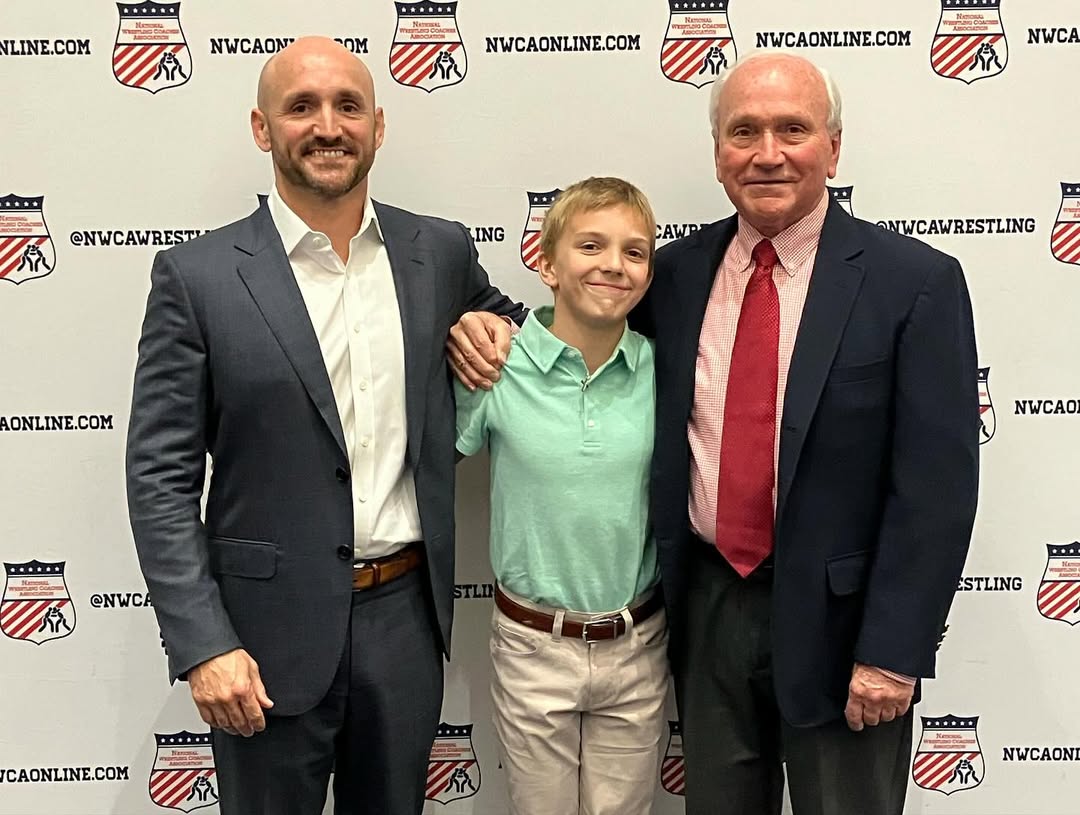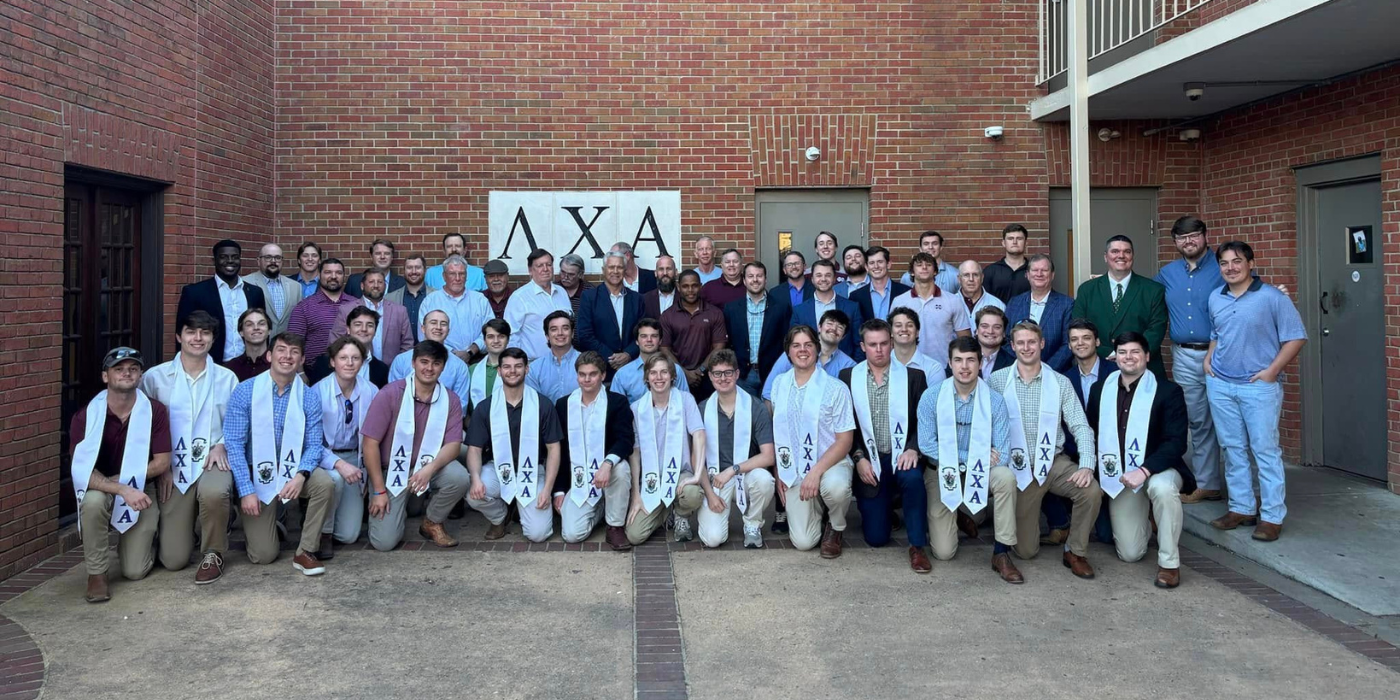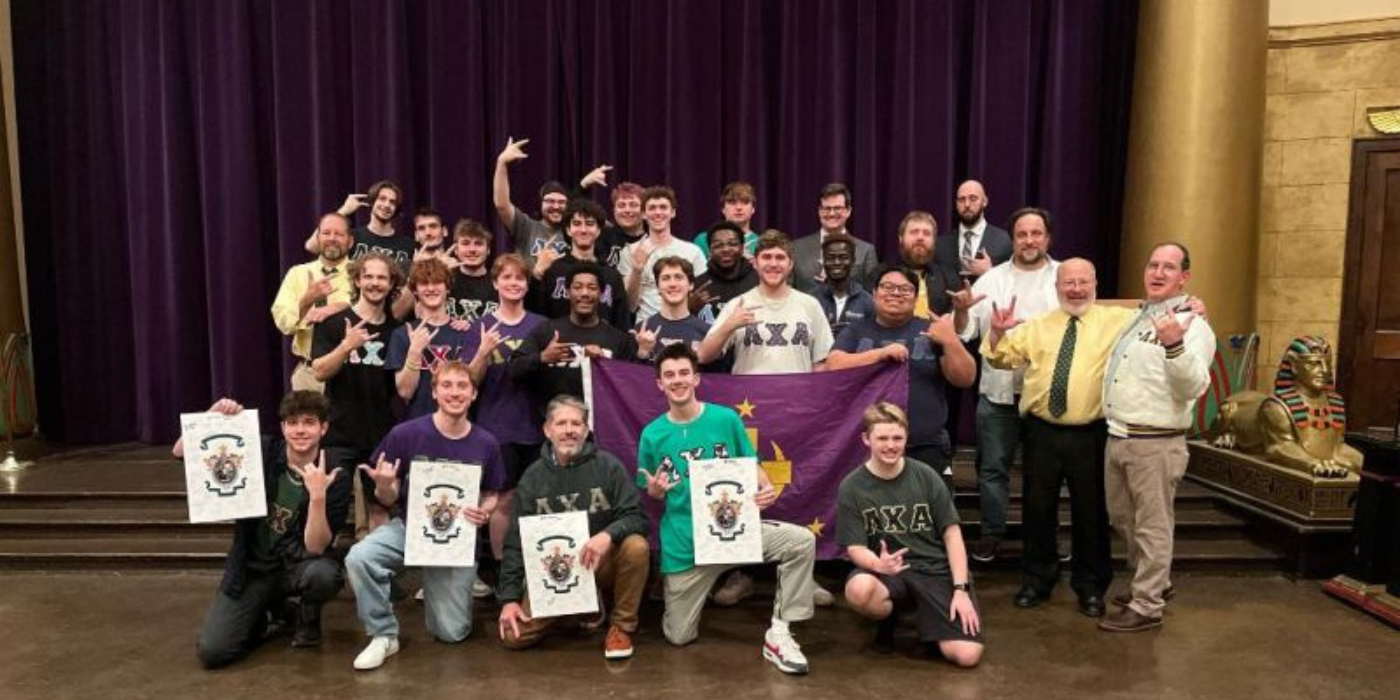Latest Updates from Lambda Chi
from Lambda Chi Alpha.
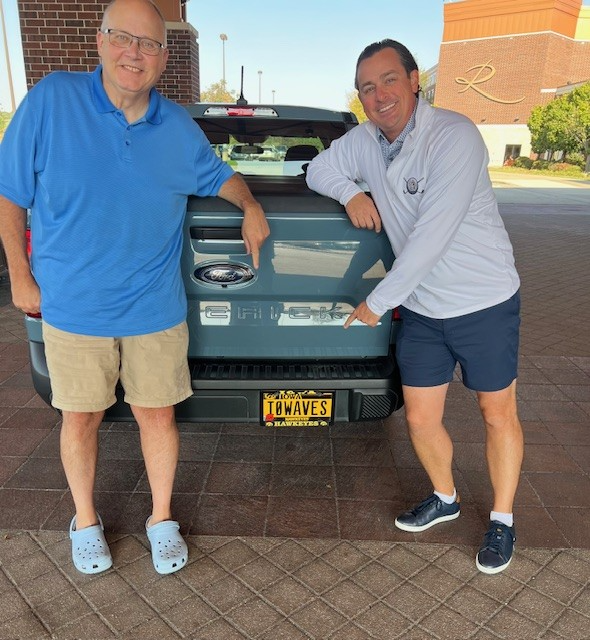
A Simple Wave, A Global Impact
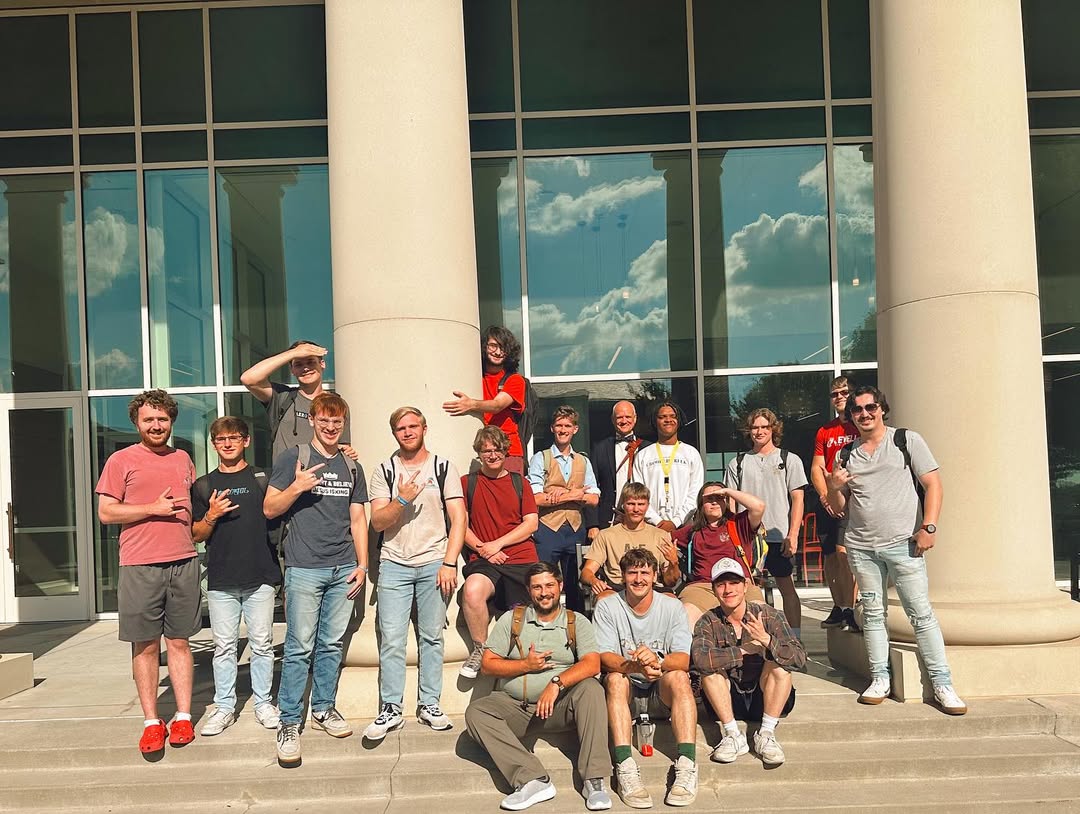
Growing Against the Odds: Lambda Chi Alpha at William Jewell
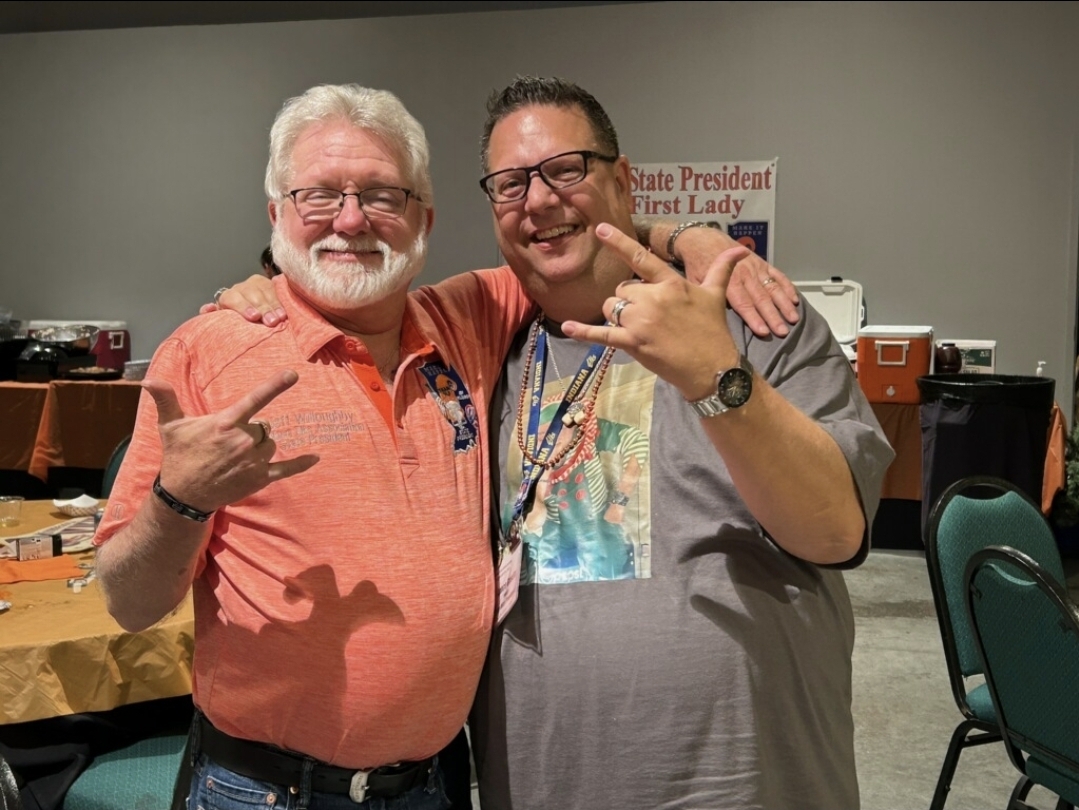
Bound by Brotherhood: The Lifelong Impact of Lambda Chi Alpha
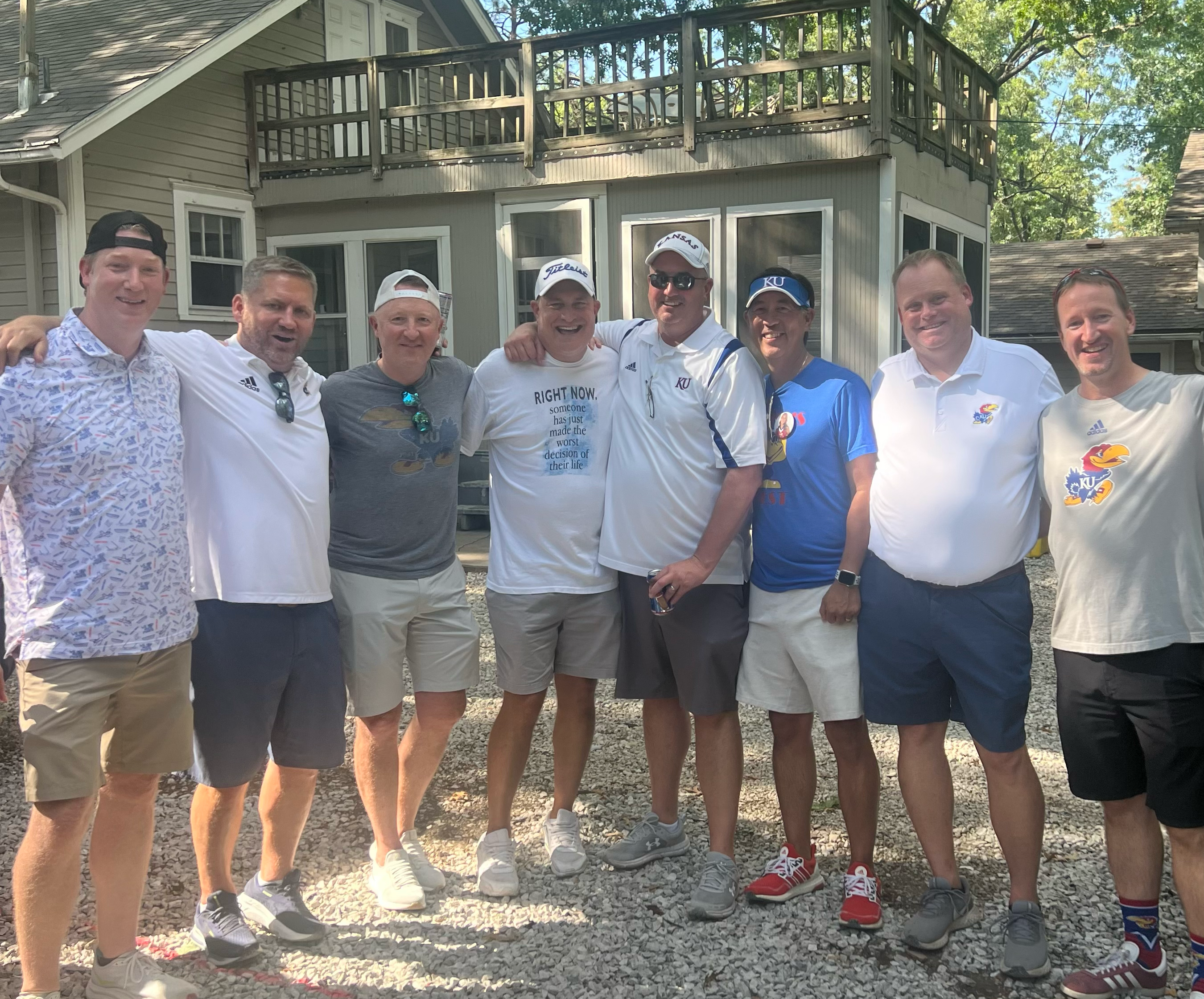
Rebuilding Brotherhood: The Next Chapter of Zeta-Iota
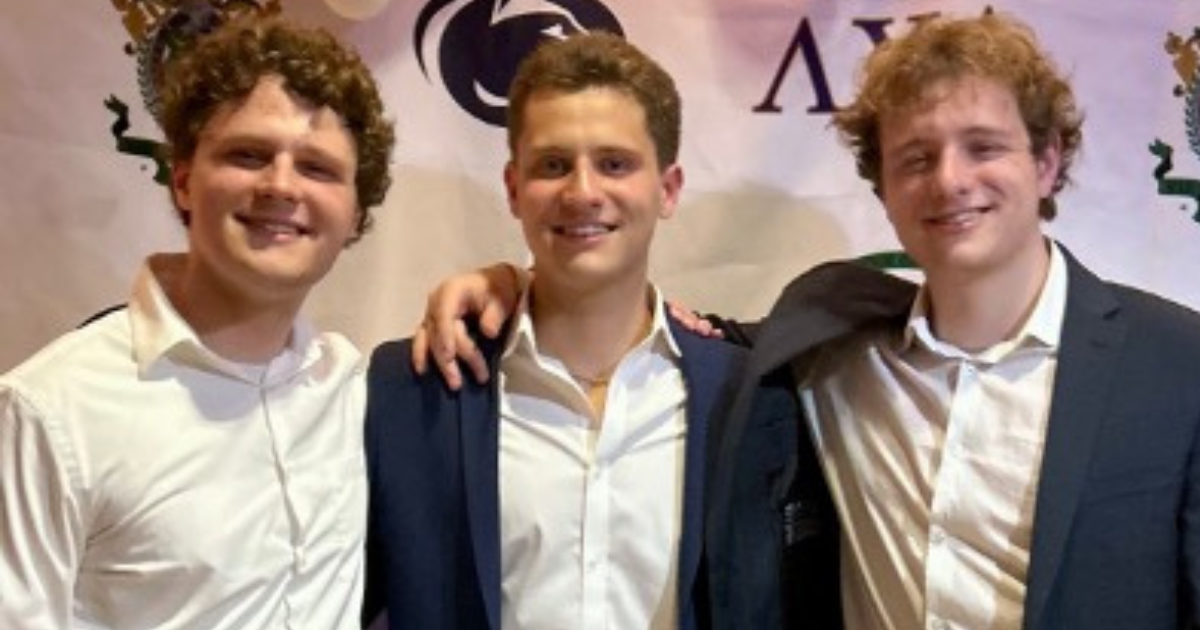
“But No Fraternity”: How My Sons Changed My Mind (and My Heart)



